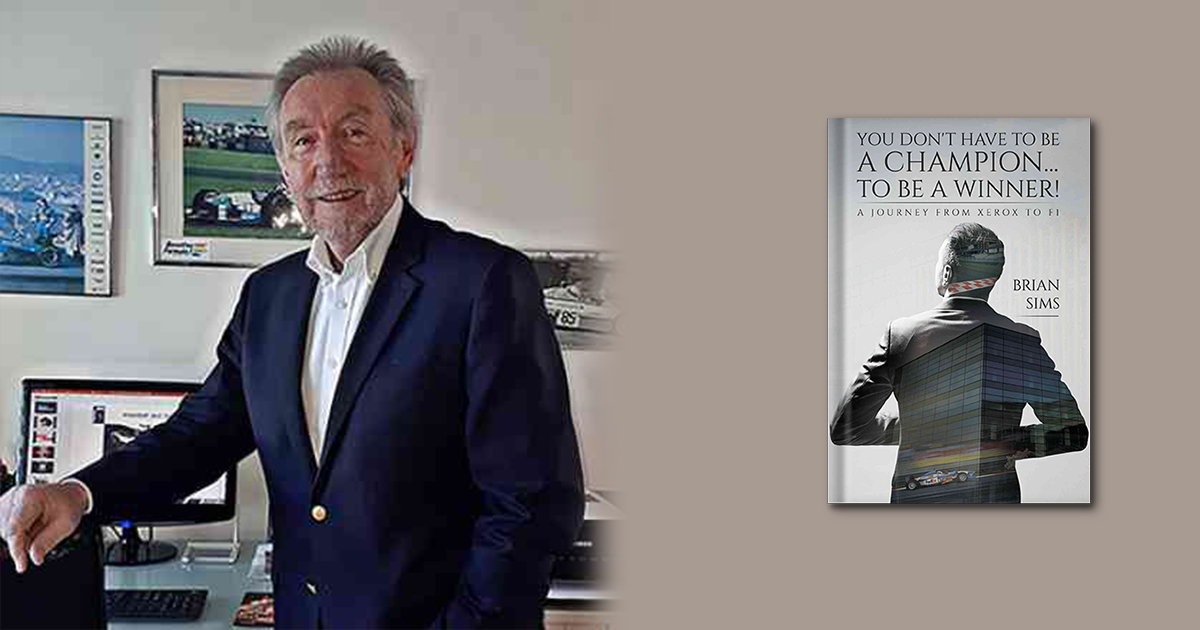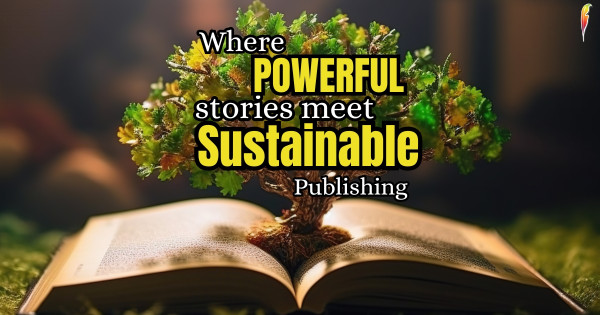
An Afternoon at Austin Macauley – Brian Sims
Fasten your seatbelts for this week’s An Afternoon at Austin Macauley! In the hot seat, or should we say drivers seat this week is one of Formula 1’s most experienced and successful individuals, Brian Sims.
After a successful 38-year career in International Motorsport, Brian has recently ventured away from the fast life of F1, to write down a detailed account of his life story and how he got into Formula 1 in the first place.
Brian has had a truly colourful career and his book, You don’t have to be a champion, to be a winner… reflects on his journey from starting out as an Xerox salesman, to building a successful career as a Formula 1 racer.
Becoming the Director of two Grand Prix teams and Manager of Kylalami F1 Grand Prix circuit in South Africa, Brian has enjoyed a multitude of roles within the Formula 1 industry, whilst securing sponsorships and multi-million-pound deals with three of the most sought-after global corporations.
We asked Brian a variety of questions for our interview, some more personal and focusing on his interests whilst others were motorsport related, such as where he sees the motorsport industry going in the future. Of course, we also asked a few questions about his brand-new book!
This is the perfect read for anyone interested in first-hand insights to the Formula 1 industry.
You don’t have to be a champion, to be a winner… is available to buy online now - we hope you enjoy reading our fantastic author interview!
Brian Sims – You don’t have to be a champion, to be a winner…
What inspired you to write a book on your journey?
In many of the sponsorship training courses that I\'ve run over the years, for sports associations, competitors and universities, I\'ve been asked the question how I got to Formula 1. It seemed a natural progression to write my own life story.
What message would you like readers to get from reading your book?
That literally you don\'t have to be a champion, whatever your sport, to build a career around it. It might not be in the way that you initially imagined, but if it\'s money that\'s stopping you, learn the skills of acquiring sports sponsorship, as I had to. I managed to get my first sponsorship deal before I\'d ever raced a car, so it can be done. It\'s often the only way you can deal with your peers who have wealthy family backing. Look at F1 for example.
In your book, you talk about how your selling skills got you into F1 and motorsports, have you always been interested in motorsports or was their other careers you were looking into before working your way up to F1?
As a youngster, I only wanted to follow in my Dad\'s footsteps and be an RAF pilot, but that dream was eventually shattered. I went into the business world and only then became interested in motor racing. I think it coincided with getting my first company car and fitting a racing steering wheel to it!
How did you come to work with John Cleese?
I met John Cleese whilst recording the sales training programmes that I\'d created, using the cast of the BBC sit-com Are You Being Served? We recorded the series in the Redwood Studios in Covent Garden, owned by Michael Palin. I first met John there and we subsequently talked about a new training project, which ultimately worked for both of us.
How did you come to establish the Motorsports Industry Association in 1994?
That\'s a long story, but briefly, it started with an article in Autosport in 1993, about some major changes to the sport that Max Mosley and Bernie Ecclestone were planning. These changes would have had a major, possibly negative impact on many race car constructors, such as Lola Race Cars, where I was working.
The more I researched the issue, the more obvious it became that the motorsport industry lacked a forum to tackle what is was facing. The idea of forming the MIA seemed blindingly obvious, so I just got a group of influential figures together, formed a steering committee, found a major sponsor and that was it. We launched the MIA, which celebrated its 25th anniversary this year.
What was the most valuable lesson you learnt working as a salesman for Xerox?
I learnt that when you are trying to sell a product or service, or sponsorship even, to businesses, stop telling people what\'s good for them, or guessing what their needs might be. You should be asking them about their day to days issues and try to match the features of your property to help them deal with such issues.
As your family and friends quote you have had an exciting and colourful life, are there any stories you chose to emit from the book and why?
Yes, there are, and I omitted them from the book for the same reasons that I won\'t tell you now. Some things are best left untold!
What direction do you think motorsports will take in the future?
I think motorsport will eventually split into two very different directions. On the one hand, you\'ll have all the new transportation technologies being showcased in motorsport, such as electric cars, robotic vehicles and those alike, so that motorsport sport will become even more of a technology test-bed.
On the other hand, you\'ll have an increasing interest in motorsport as an entertainment format. This will feature what we now call historic motorsport, up to an including F1. It will still use internal combustion engines, but with highly developed eco-fuels. Millions of people have a love affair with what is known as historic racing and it won\'t just disappear. The crowds at events such as the Silverstone Classic and the Goodwood Revival confirm that view. Did 4-legged sport die out when the automobile became our mode of transport? No! Equestrian sport is more popular than ever, and I believe that this is what will happen with historic motorsport.
What is your favourite make and model of car and why?
The car I\'d like but can\'t afford is an Audi R8. Why? Well, it\'s such a looker and a joy to drive, even on our overcrowded roads. Maybe when the book hits the shops?!
What has your experience been like being published at Austin Macauley Publishers?
When I first asked Austin Macauley if there would be any interest in the autobiography of someone who is not a household name, I was encouraged to write and submit my manuscript. It was a great move, because the way in which AM works, keeps you fully aware of progress and of the various steps that will be taken to bring the book to fruition. At that stage, the marketing department supports you in such a positive, innovative and helpful way. I\'d thoroughly recommend AM to any budding or existing author.
We use cookies on this site to enhance your user experience and for marketing purposes.
By clicking any link on this page you are giving your consent for us to set cookies



